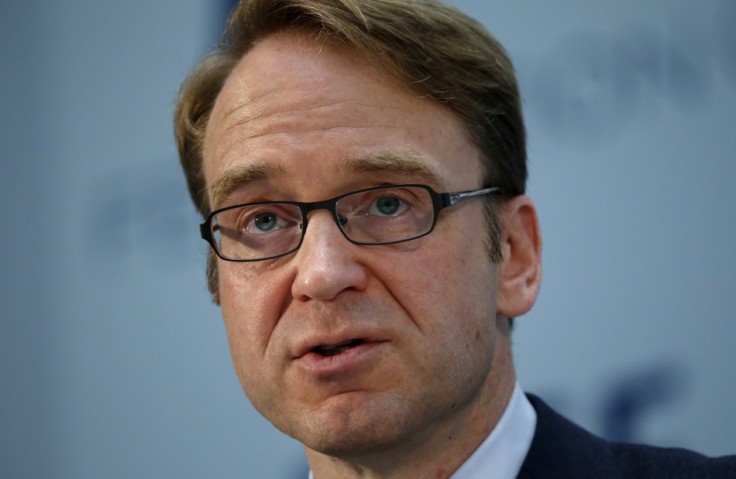Bundesbank Warns on German House Prices Being 20% Overvalued

Germany's central bank has warned the markets that the country's house prices could be overvalued by as much as 20% in some urban areas.
According to the Bundesbank's monthly report, a large rise in house prices since 2010 has caused the central bank concern over the possible overvaluation of the property market.
"In the attractive large cities, the upward deviations in this segment are as high as 20% in some cases" said the study from the Bundesbank.
Over the past three years, the prices for houses and apartments have risen by a total of 8.25% following a "marked gap between property prices in urban and rural areas."
Hamburg, Berlin, Dusseldorf, Cologne, Frankfurt and Stuttgart have all experienced significant price rises since 2010.
Calculations by the Bundesbank indicated that prices in urban housing markets could be 10% higher than can be attributed to demographic and economic factors alone.
But the report also noted that price inflation would not remain limited to the urban areas.
It could not be ruled out that "inflated expectations of speculation motives are fuelling a regional dispersion of price impulses" the report said.
Causes
The Bundesbank noted that Germany's inflated house prices were caused by two factors: money that flowed into Germany from distressed Eurozone members which were casualties of the sovereign debt crisis, and low interest rates set by the European Central Bank across the continent which had decreased returns in financial assets.
Property was seen as a favourable option for investors in search of higher returns.
"The belief that the value of one's assets can best be secured through property ownership was certainly an argument for many households to consider investing in property," said the Bundesbank.
The central bank did not expect a fall in house prices in the short term.
Housing Bubble?
The monthly report also said that construction was growing but not enough to meet demand.
That was especially true of apartments.
The rise in German house prices might trigger worries that Europe's largest economy is headed for a housing bubble similar to the ones seen in the United States, Spain, and Ireland.
© Copyright IBTimes 2025. All rights reserved.






















